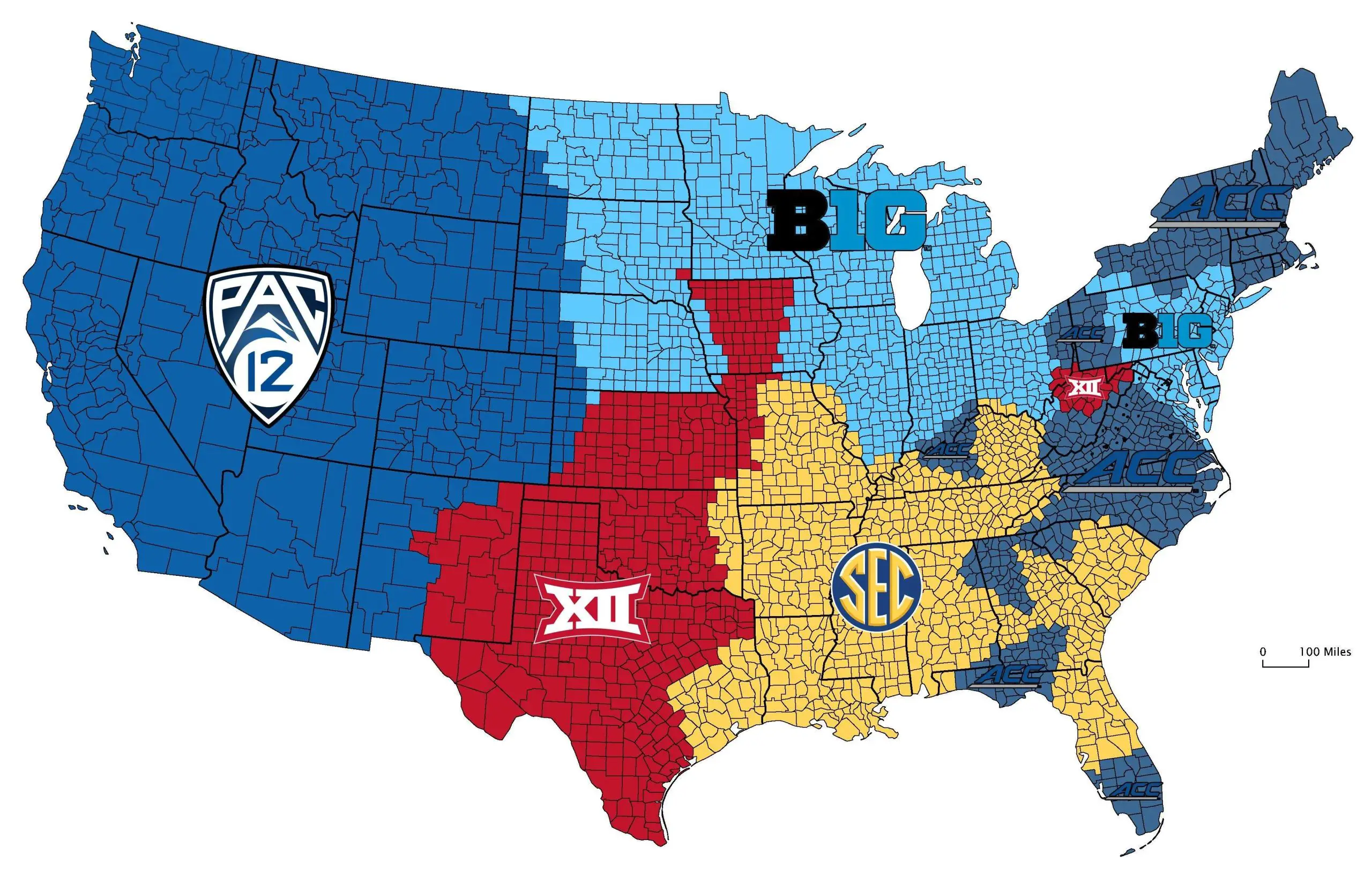College football season is officially here, and with Week 0 in the rearview mirror, that means Week 1 is in sight. Yet, despite the fact that games are actually going to be played this week across the country to match the few that were contested last week, conference realignment is all the rage, and it’s hot and heavy in the ACC.
Syracuse alum Pete Thamel of ESPN reported earlier that after failed attempts throughout the last month for Stanford, Cal, and SMU to join the conference, there might be some momentum for them to join the Atlantic Coast Conference. Now, there was also allegedly momentum for the PAC-12 to stay together on the day six of its members bolted for greener pastures, but every situation is different.
“While there’s momentum toward additions, a decision either way is coming in the early part of this week,” Thamel wrote. “This is the fourth week that ACC officials have discussed the potential additions, and there’s a now-or-never tone hanging over the next few days.”
Now, the meeting that was supposed to take place on Monday night was postponed because of a situation at the University of North Carolina involving an active shooter on campus.
The meeting has yet to be rescheduled according to Thamel out of respect for UNC and its ongoing situation on campus.
The league needs 12 schools to vote for these new members, but only 11 approved on the last vote that was tallied, with Florida State, Clemson, North Carolina, and North Carolina State being the “no” voters. It seems as though ACC Commissioner Jim Philips has spent some time acting like a politician trying to whip the schools to vote for the expansion of the ACC but it’s unclear if that has happened yet.
Furthermore, according to Nicole Auerbach of The Athletic, the finances of the deal and agreement may maybe the most important point, as has been the case throughout the NCAA.
“The finances would be key to final approval: Multiple conference sources said SMU is willing to accept no ACC media rights revenue for at least seven years, and Stanford and Cal are willing to join as partial members receiving around 30 percent of a revenue share initially, freeing up a pool of more than $70 million of new money to be distributed among members starting in 2024-25,” Auerbach wrote on Monday.
Money is everything in college athletics these days, especially in football, and the ACC is trying to be reactive to the remaining schools that could boost anything for the league. But, the reality is that the league should have been more proactive instead of reactive, and is now stuck picking up the scraps left behind by the PAC-12 among other leagues.




















